
Tanzania
-
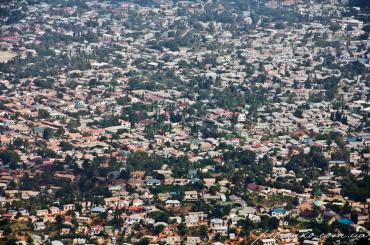
Can community information raise state capacity to provide property titles?
State capacity to provide property titles is limited in developing countries. Evidence from Tanzania suggests that community information on the willingness-to-pay for titles can help low-capacity governments determine fees and improve property titlin...
-
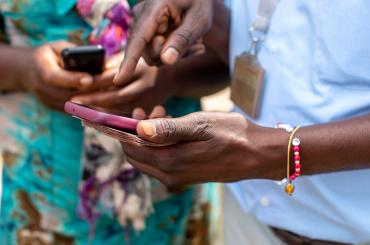
Empowering women through digital financial services
Increasing women’s use of a digital financial service in Tanzania, mobile money, empowered women and led to improvements in women’s control over their finances.
-

Improving foundational learning in Tanzania through teacher rewards
A programme rewarding teachers for increasing their students’ foundational skills improved learning in public primary schools in Tanzania. A cheap and easy to communicate version of the programme was most (cost-)effective, and is currently being scal...
-

Building trust in the quality of fertilisers in Tanzania
A low-touch information campaign in Tanzania improved farmers’ confidence in the quality of fertiliser, leading to an increase in purchases
-
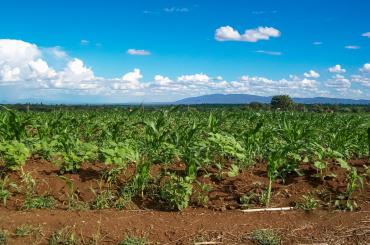
Uncertainty about seed quality undermines agricultural development in Africa
Technological improvements alone are unlikely to modernise agriculture if farmers are uncertain about the quality of new innovations
-

The effects of food scarcity on trusting behaviour: Evidence from Tanzania
Food scarcity decreases trust among Tanzanian farmers, reducing the resilience of affected communities
-
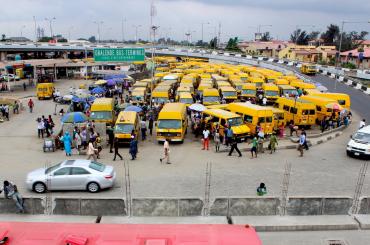
Spatial frictions and high-frequency human mobility: Evidence from three African countries
Insights from a year of smartphone app data suggest high levels of spatial mobility
-
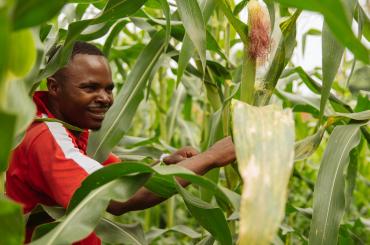
Combining improved seed varieties and index insurance to address drought losses
Bundling genetic and financial technologies can make small-scale agriculture more resilient and productive
-
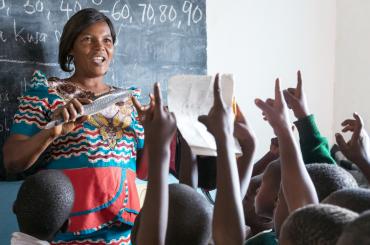
Getting bang for your buck on education spending: Evidence from Tanzania
Interventions aimed at alleviating multiple constraints are often needed to achieve the desired impact